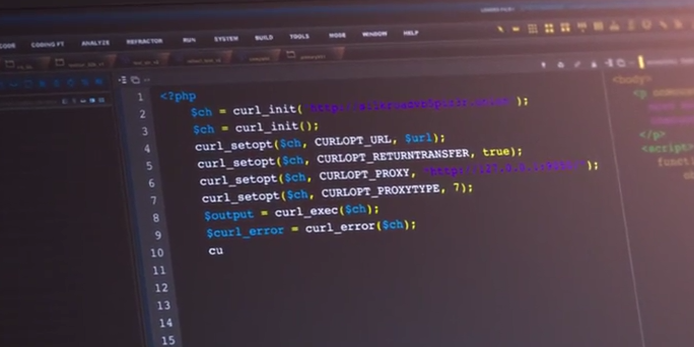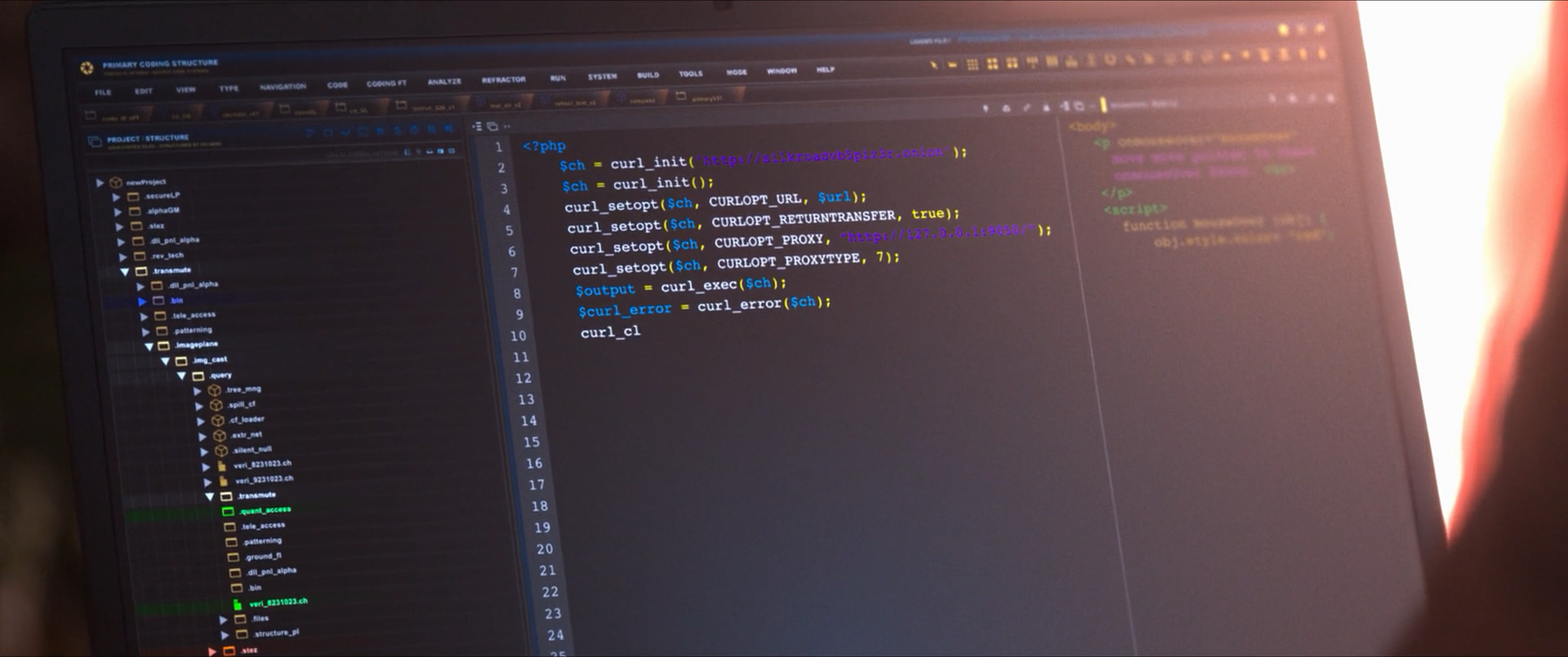Benchmarks, speed, comparisons, performance. I get a lot of questions on how curl and libcurl compare against other tools or libraries, and I rarely have any specific answers as I personally basically never use or test any other tools or libraries!
This text will instead be more elaborate on how we work on libcurl, why I believe libcurl will remain the fastest alternative.

libcurl is low-level
libcurl is written in C and uses the native function calls of the operating system to perform its network operations. It features a lot of features, but when it comes to plain sending and receiving data the code paths are very short and the loops can’t be shortened or sped up by any significant amount. Based on these facts, I am confident that for simple single stream transfers you really cannot write a file transfer library that runs faster. (But yes, I believe other similarly low-level style libraries can reach the same speeds.)
When adding more complicated test cases, like doing SSL or perhaps many connections that need to be kept persistent between transfers, then of course libraries can start to differ. libcurl uses SSL libraries natively so if they are fast, so will libcurl’s SSL handling be and vice versa. Of course we also strive to provide features such as connection pooling, SSL session id reuse, DNS caching and more to make the normal and frequent use cases as fast as we possibly can. What takes time when using libcurl should be the underlying network operations, not the tricks libcurl adds to them.
event-based is the way to grow
If you plan on making an app that uses more than just a few connections, libcurl can of course still do the heavy lifting for you. You should consider taking precautions already when you do your design and make sure that you can use an event-based concept and avoid relying on select or poll for the socket handling. Using libcurl’s multi_socket API, you can go up and beyond tens of thousands of connections and still reach maximum performance. And this using basically all of the protocols libcurl supports, this is not limited to a small subset. (There are unfortunate exceptions, like for example “file://” URLs but there are completely technical reasons for this.)
Very few file transfer libraries have this direct support for event-based operations. I’ve read reports of apps that have gone up to and beyond 70,000 connections on the same host using libcurl like this. The fact that TCP only has a 16 bit field in the protocol header for “source port” of course forces users who want to try this stunt to use more than one interface as source address.
And before you ask: you cannot grow a client to that amount using any other technique than event-based using many connections in the same thread, as basically no other approach scales as well.
When handling very many connections, the mere “juggling” of the connections take time and can be done in good or bad ways. It would be interesting to one day measure exactly how good libcurl is at this.
Binding Benchmark and Comparisons
We are aware of something like 40 different bindings for libcurl to make it possible to use from just about any language you like. Lots, if not just every, language also tend to have its own native version of a transfer or at least HTTP library. For many languages, the native version is the one that is most preferred and most used in books, articles and promoted on the internet. Rarely can the native versions compete with the libcurl based ones in actual transfer performance. Because of what I mentioned above: libcurl does little extra when transferring stuff but the actual and raw transfer. Of course there still needs to be additional glue and logic to make libcurl work fine with the different languages’ own unique environments, but it is still often proven that it doesn’t make the speed gain get lost or become invisible. I’ll illustrate below with some sample environments.
Ruby comparisons
Paul Dix is a Ruby guy and he’s done a lot of work with HTTP libraries and Ruby, and he’s also done some benchmarks on libcurl-based Ruby libraries. They show that the tools built on top of libcurl run significantly faster than the native versions.
Perl comparisons
“Ivan” wrote up a benchmarking script that performs a number of transfers using three different mechanisms available to perl hackers. One of them being the official libcurl perl binding (WWW::Curl), one of them being the perl standard one called LWP. The results leaves no room for doubts: the libcurl-based version is significantly faster than the “native” alternatives.
PHP comparisons
The PHP binding for libcurl, PHP/CURL, is a popular one. In PHP the situation is possibly a bit different as they don’t have a native library that is nearly as feature complete as the libcurl binding, but they do have a native version for doing things like getting HTTP data etc. This function has been compared against PHP/CURL many times, for example Ricky’s comparisons, and Alix Axel’s comparisons. They all show that the libcurl-based alternative is faster. Exactly how much faster is of course depending on a lot of factors but I’m not going into such specific details here and now.
We miss more benchmarks!
I wish I knew about more benchmarks and comparisons of speed. If you know of others, or if you get inspired enough to write up and publish any after reading my rant here, please let me know! Not only is it fun and ego-boosting to see our project win, but I also want to learn from them and see where we’re lacking and if anyone beats us in a test, it’d be great to see what we could do to improve.



 Back in 2002 I realized that having libcurl not do SSL server verification by default basically meant that everyone writing
Back in 2002 I realized that having libcurl not do SSL server verification by default basically meant that everyone writing 
